Process Optimisation Specialist
This role is responsible for developing ML modules and AI applications to optimize production processes, ensuring efficient and sustainable operations.
AutoML Expertise
Proficiency in developing AutoML modules that cover data preprocessing, model selection, and evaluation.
Machine Learning
Strong skills in applying machine learning techniques to optimize production processes.
Machine Learning in Production
Mid Level Employee
Extended Know-How
Machine Learning Algorithms in the Real World Specialization
Mid Level Employee
Foundations
AI Application Development
Ability to develop AI applications for process optimization, ensuring efficient and sustainable production
Foundations of AI and Machine Learning
Mid Level Employee
Foundations
Operational Optimization
Experience in optimizing operational parameters based on real-time data from sensors and physics-based models.
Hyperparameter Optimization for Machine Learning
Mid Level Employee
Foundations
